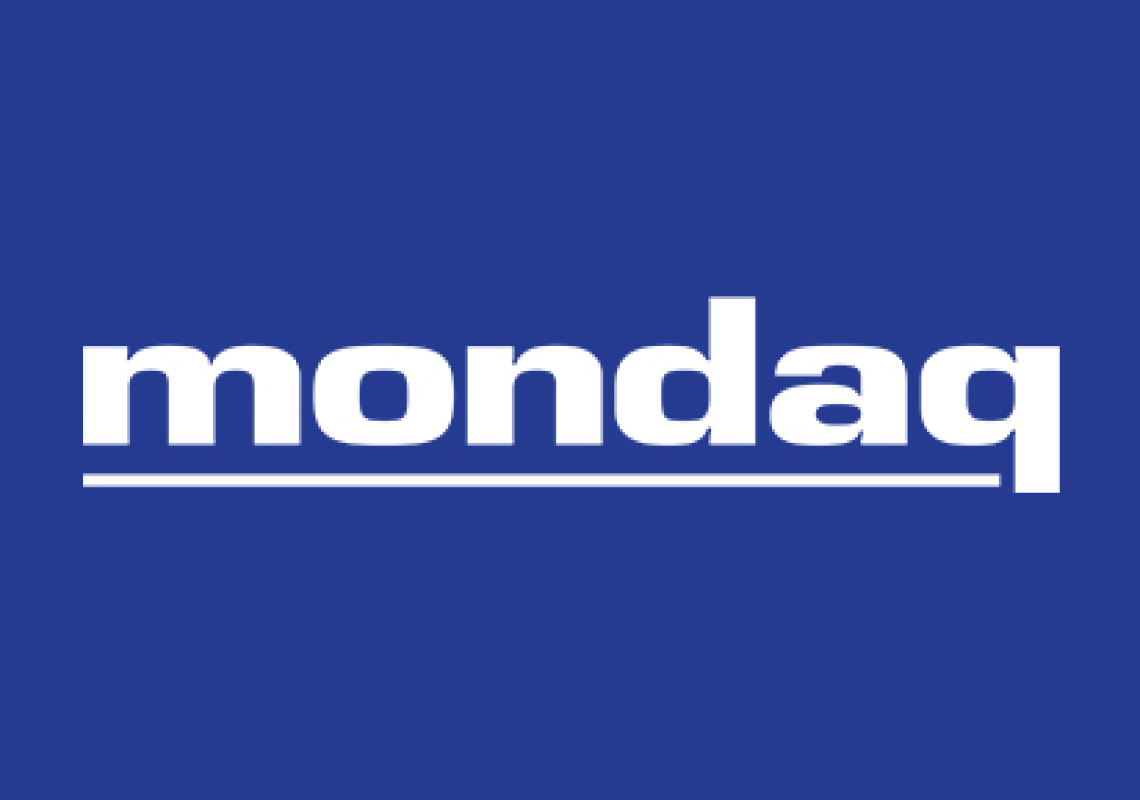Mondaq uses cookies on this website. By using our website you agree to our use of cookies as set out in our Privacy Policy.
The growth and best benefits of E-commerce in Nigeria and International business law in Nigeria pertaining to specialized law of e-commerce, trading and cyber law are yet to be adequately provided for both statutorily, by way of Judicial case law, Common Law principles of law of Contract, the old Sales of Goods Act of 1893 and other regulatory commercial laws which were not provided for under the current law in Nigeria.
Although, UNCITRAL rules created in 1996 and amended in 1998 stipulated through the United Nations General Assembly Resolution 2205(XXI) of 17 December 1996 brought about the e-commerce model being used today all over the world and adopted by Nigeria. Article 1 of the law states that “the law shall apply to any kind of information in form of a Data message used in the context of Commercial Activities.”
Also, the UNCITRAL model on ecommerce clearly and globally provides for the validity of contracts, matters of evidence, electronic signatures, payment system and other ecommerce law peculiar business transactions carried out online.
The emergence of electronic commerce has evolved and presented new legal challenges on trade and electronic commerce and business in Nigeria and other countries; and this will necessitate enacting sound legal regulatory framework by the Law Makers to cater for the new disruptive ecommerce technology issues in Nigeria.
E-commerce is a form of electronic commerce by way of online or internet based business or trade of buying and selling goods, services and products through electronic means by way of technology, electronic funds transfers, mobile trade, escrowing services, electronic data related exchange, supply, internet methods, ecommerce transactions with modern technology in every facet of business and trade in Nigeria and world today.
It is illegal to carry on a business in Nigeria without a registration of the company or enterprise with Nigerian Corporate Affairs Commission LFN 2004. It is mandatory under the law that before you can engage in ecommerce business you must register such company, this can be carried out by a commercial law firm in Nigeria like bamandgadsolicitors.com.ng
Nigeria Information Technology Development Agency (NITDA): It is also compulsory under the NITDA Act that all companies or individuals engaging in e-commerce business must register with NITDA depending on the type of business. There are other statutory bodies you must register with and secure approvals before commencement of business; this can be handled by your Commercial Attorneys.
It is also noteworthy that the National Information Technology Development Agency, the primary role is to establish a National Electronic Commerce Council (NECC) to govern all electronic commerce users and business in Nigeria, and also to support and facilitate international trade through e-commerce by creating legal infrastructure frame work and designing the implementation of national programmes and Policies of information technology with the supervision of Nigeria Communication Commission also collaborating with Ministry of Science & Technology.
Recently, the proposed introduction of Online Purchase Tax by the Federal Inland Revenue by March 2020 brings to fore the importance of the reason why business owners must be well abreast with all the tax laws relating to business, example Value Added Tax (VAT), company income taxes and relevant laws of each country which the buyer and the seller wherever they are located in different law jurisdictions must know.
Therefore, regulating e-commerce Nigeria, our Law makers need to enact new laws relating to this area. You need to know all the mandatory taxes by consulting tax experts and knowledgeable tax lawyers in Nigeria and they will assist you on all necessary insights and educate you on the tax implications. It is also noteworthy to take cognizance of the laws that may affect products or business you are trying to establish in order to avoid the legal penalties in an event of default.
In Nigeria, financial related transactions are highly regulated by several Central Bank of Nigeria rules aside the existing Banks and Financial Institutions law. Many e-commerce payment platforms like Paypal and other international payment platforms or gateways have their rules restricting some type of transactions and the CBN also have regulations in respect of financial transactions which business owners must know for a smooth running of business in order not to run afoul of the law. It is important for company or individuals to research whether there are certain restrictions on some of their products for sale in law and also comply with Anti-fraud conditions of the payment gateways or platforms.
Trademarks, Copyrights, Patents can simply be defined:
Trademark is any symbol, artwork or design and which clearly distinguishes your products or goods from others.
Copyright is the primary right that protects your work, authorship in form of writings, music and works of Art originally produced by someone.
Patent is a legal right of inventing something protected by law through registration.
Therefore, in view of the above it is compulsory in law that a business owner or company must be well acquainted with all above intellectual property rights on products, goods and services being traded on the ecommerce Platforms. Ignorance of law is not an excuse and a breach of the law may by very fatal to a business or result in a Court award of damages against a business owner or company. Therefore it is very necessary to contact the best corporate law firm around in Nigeria that will assist in registering your intellectual property rights and also give legal advice in an event of law infringements.
Since e-commerce now covers many businesses, it is important you involve good business lawyers that will accordingly guide you and give legal advice on law jurisdictions of the country where the buyer and the seller are located.
The legal advice may also involve insurance and restriction on some types of shipping products relating to arms, animals, explosives, alcoholic products or hazardous materials which may be prohibited by law in respect of Shipping and Maritime law issues.
From the recent data projection in USA, it is projected that 60% of retail business would be done online by 2030, like a good example amazon.com the biggest retailers e-commerce company in the world. E-commerce will affect lives and businesses greatly. The potential abound in this sector of the economy will fundamentally increase taxes to the Government with enormous benefits. It is therefore imperative that this huge sector with great potential is adequately researched and a good legal frame work be enacted by our law makers and policy makers.
In conclusion every business outfit, individuals and company must comply and be aware of the law on e-commerce as this will greatly help to avoid running afoul of the law which might have consequential legal liabilities and penalties effect.
Therefore, seek legal advice from any best Law firm in Nigeria for proper guidance.
See below some relevant laws on ecommerce:
United Nations Commission on International Trade Rules 1996 & 1998
Common Law of Contract principles
Sales of Goods Act 1893
Commercial Laws
Statutory Laws
Judicial decisions or case law
Cyber Security & Information Prohibition Law,
Electronic Transaction Protection Law,
National Internal Security Law and Critical Infrastructure Protection Act
Computer Security and Protection Law
Electronic Fraud Prohibition Law
Nigeria Antitrust Enforcement and Miscellaneous Provision
Cyber Security and Data Protection Agency
The content of this article is intended to provide a general guide to the subject matter. Specialist advice should be sought about your specific circumstances.
© Mondaq® Ltd 1994 – 2022. All Rights Reserved.
Forgot your password?
Free, unlimited access to more than half a million articles (one-article limit removed) from the diverse perspectives of 5,000 leading law, accountancy and advisory firms
Articles tailored to your interests and optional alerts about important changes
Receive priority invitations to relevant webinars and events
You’ll only need to do it once, and readership information is just for authors and is never sold to third parties.
We need this to enable us to match you with other users from the same organisation. It is also part of the information that we share to our content providers (“Contributors”) who contribute Content for free for your use.






